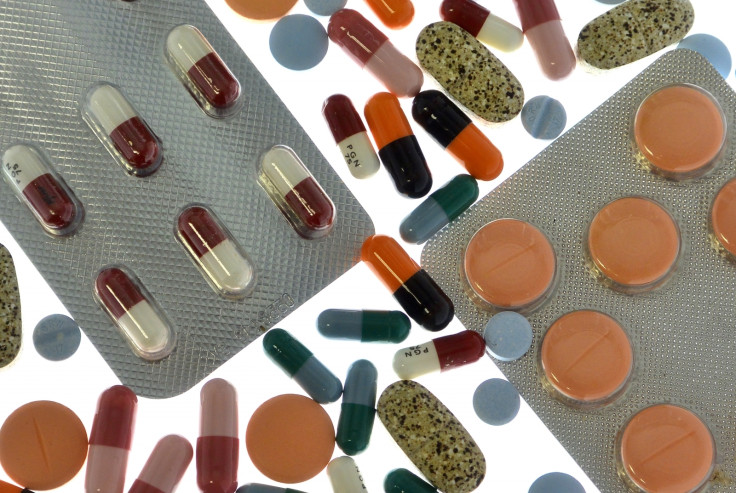Expensive-looking fake treatments have more potent side effects
The nocebo effect is more potent for expensive treatments.
If you think a drug costs more, you'll probably experience stronger negative side effects from taking it – even if the 'drug' actually has no active ingredients at all.
People who were given what they thought was an anti-itch cream with warning it might increase their pain sensitivity had a worse reaction if they thought the product was expensive, a study in the journal Science reveals.
A group of study participants rated which one of two types of packaging was expensive and which was cheap. People opted for a deep blue box as the expensive one over a cheerful white and orange box.
Another group of 49 healthy people were then given either a cream with no anti-itch medication in the blue box and told it was expensive, or the same cream in the cheap-looking box, and were told it was inexpensive.
Then they lay in an fMRI scanner which measured the activity of several parts of their brain and spinal cord while scientists measured their pain sensitivity.
"If people received the cheap or the expensive treatment somehow this changed the communication between the spinal cord and the brain," said study author Alexandra Tinnermann of the University Medical Center Hamburg-Eppendorf told IBTimes UK.
The team observed a 'top-down' modulation, where the patient's expectation was interacting with the incoming pain signal. But exactly how this happens on a cellular level still isn't understood.
"We focused on the system involved in any kind of pain modulation – so anxiety or attention for example might modulate how you perceive pain," said Tinnermann.
"We're just looking at activation. So which parts of the nervous system are most active when we're measuring the nocebo response?" said Tinnermann. "We don't necessarily understand why, but we can look at the communication between the brain areas involved and the spinal cord."
Previous studies have shown that placebo effects – positive responses from medication without an active ingredient – are also stronger if the treatment is perceived as expensive. This suggests the idea of the value of the treatment contributes to its overall potency, both positive and negative.
Next Tinnermann hopes to investigate how a doctor's wording might influence the strength of the nocebo effect, and to see how patients with a medical problem might react to a similar experiment.

© Copyright IBTimes 2024. All rights reserved.






